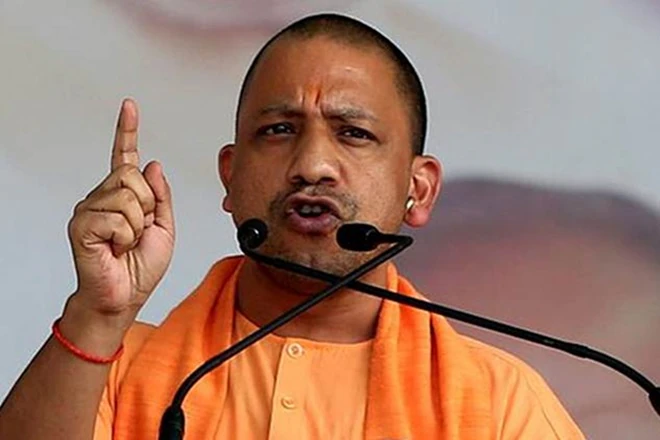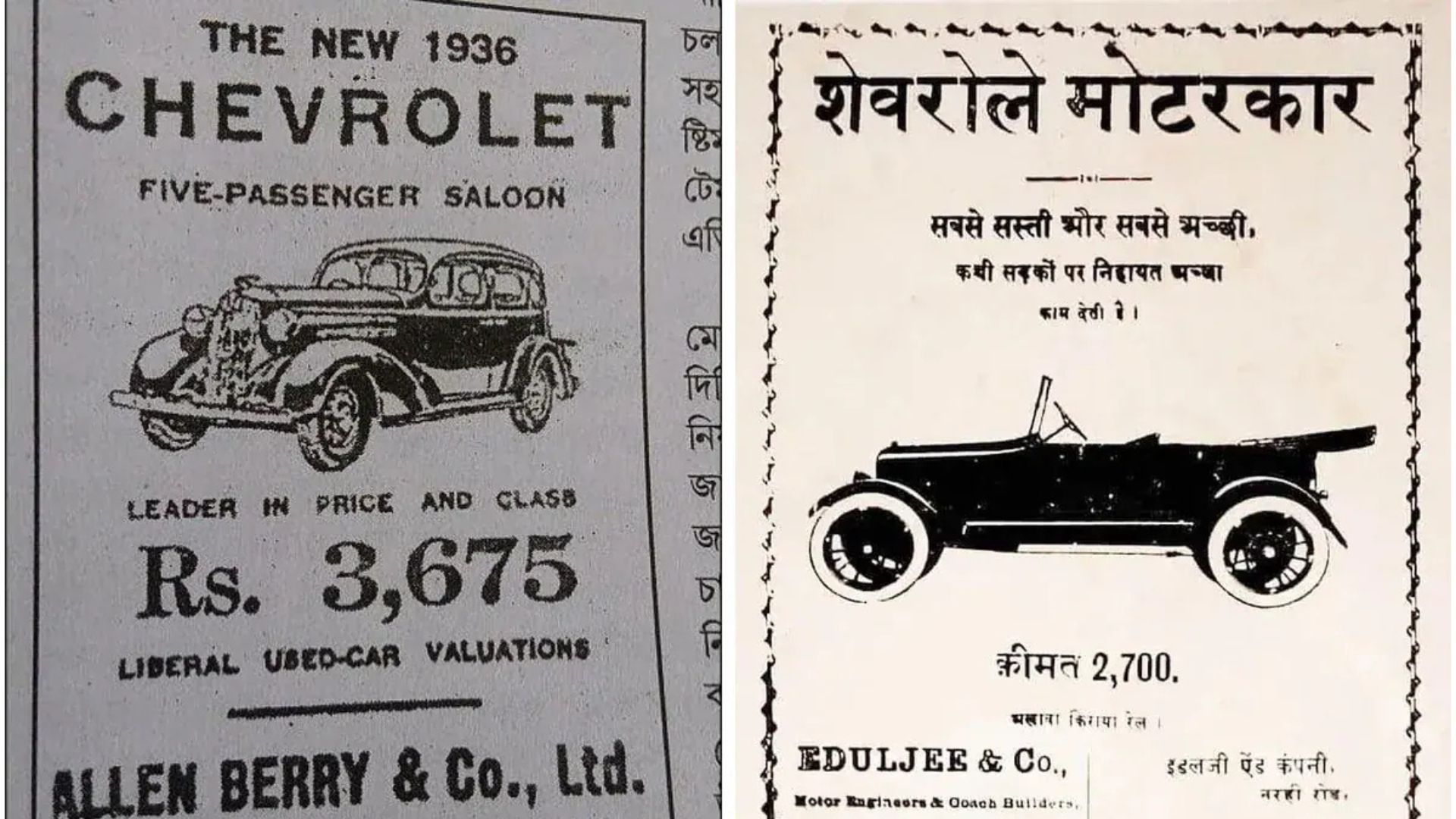
Uttar Pradesh Chief Minister Yogi Adityanath, addressing the state Assembly on Monday, strongly asserted that the cultural traditions of Lord Ram, Krishna, and Buddha will endure in India, while the legacies of Babur and Aurangzeb will eventually fade away.
His remarks came amid a heated debate concerning the Opposition’s concerns over communal tensions arising from Hindu rallies passing through Muslim-dominated regions like Sambhal and Bahraich.
In his address, Yogi Adityanath criticized the Opposition for suggesting that slogans and rallies in certain areas could incite violence.
“The traditions of Lord Ram, Krishna, and Buddha will remain in India, while Babur’s and Aurangzeb’s legacies have no place in this land,” the Chief Minister declared.
He emphasized that India’s roots are deeply connected to its cultural and spiritual heritage, represented by revered figures like Lord Ram, and not by foreign rulers like Babur.
The Opposition had raised concerns over the perceived provocations caused by Hindu religious rallies and slogan chanting in sensitive areas. They alleged that such actions might trigger communal unrest.
Key Concerns Raised:
Rejecting the Opposition’s claims, Yogi Adityanath stressed the importance of maintaining peace and order while upholding India’s cultural traditions. He accused the Opposition of trying to divide the state along communal lines.
He further reiterated that India’s spiritual and historical identity is tied to Lord Ram, Lord Krishna, and Gautam Buddha—figures who symbolize unity, peace, and harmony.
Yogi Adityanath’s remarks also touched on India’s historical struggles against foreign rulers like Babur and Aurangzeb, who he claimed represented eras of oppression and division. In contrast, the traditions of Lord Ram, Krishna, and Buddha reflect:
The statement by Yogi Adityanath has reignited debates on India’s cultural identity and historical legacies. While the Opposition voiced concerns over potential communal disharmony, the Chief Minister firmly advocated for celebrating India’s spiritual heritage and dismissing the legacy of oppressive foreign rulers.
The issue continues to remain a topic of political discourse as the state navigates its path toward unity and cultural pride.















